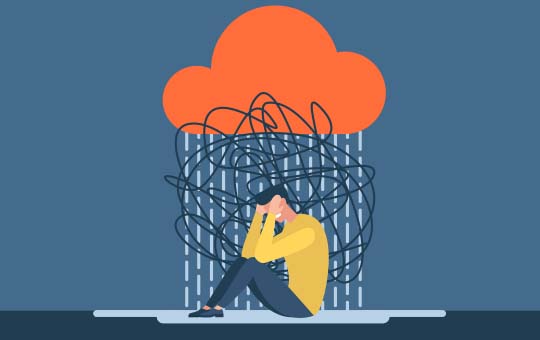The CQC have published their review of the Mental Health Act based on their engagement with people who are subject to the Mental Health Act 1983 (MHA) and a review of the services registered to assess, treat and care for people detained using the MHA.
The MHA is a law which allows hospitals to admit and treat people who suffer from acute mental health conditions. Practicing this law ensures the patients' safety and/or safety to others and its framework allows reflection on the progress of the care you provide at your organisation.
"We urgently need more community support and a better understanding of people’s needs to reduce the number of people being detained (...) Without timely access to necessary mental health support, people may find themselves being bounced from service to service without ever receiving the level of care that they need." (Care Quality Commission, March 2025)
The Care Quality Commission (CQC) is responsible for monitoring the use of MHA in hospitals. This includes examining the wellbeing of patients, ensuring that they receive the appropriate and necessary care they need.
Other specific duties are practiced by the CQC under the MHA, such as to:
- provide a second opinion appointed doctor (SOAD) service
- review complaints relating to use of the MHA
- make proposals for changes to the Code of Practice.
Key findings:
1.) CQC and the Mental Health Bill:
Introduced in 2024, the Mental Health Bill focuses on ensuring that the rights and experiences of autistic people, patients and people living with a mental disorder or learning disability are maintained in line with the MHA Code of Practice.
2.) Systems:
Concerns around a high demand yet insufficient amount of services have been raised by the CQC. Practices need to ensure that they can balance the increase in demand for patient beds whilst also confirming that patients who still need care are not discharged too soon.
3.) Workforce:
Shortages in medical and support roles are significantly impacting patient care,
this includes shortage of SOAD services as well. To reach a solution for this, the Bill is preparing to increase second opinions.
4.) Inequalities:
There has been concern around certain ethnic minority groups not having access to the necessary mental health support they need.
5.) Children and young people:
Inconsistency in the services being provided to children and young people has been a particular issue. Many face longer waiting times for patient beds, the risk of being placed in an unsuitable environment or being admitted to a facility that is far from their home. Shortages in staffing are impacting basic care such as catering for patients.
When transitioning from child to adult mental services, there are still gaps through which young people fall through, causing their mental health needs to not be met by professional help.
6.) Environment:
The CQC highlights that they have monitored many practices had limited access to outdoor facilities, which can grealty impact the wellbeing of a patient.
Read the full report here.




































